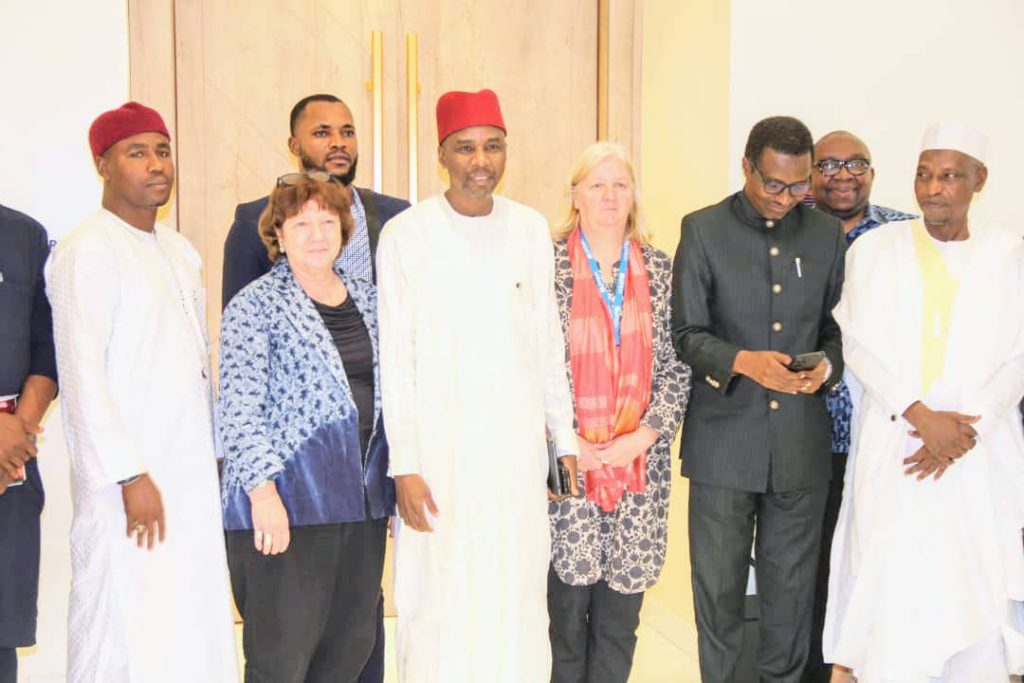In a significant step toward strengthening climate resilience in the education sector, the Kano State Government KNSG has confirmed that 29 schools across seven local government areas are currently benefiting from the Climate Resilient Infrastructure for Basic Services (CRIBS) project.
The project, supported by the Foreign, Commonwealth and Development Office (FCDO) in partnership with UNICEF, is designed to promote the development and proper management of infrastructure capable of withstanding the impacts of climate change, particularly in vulnerable communities.
Nigeria’s Climate Transition to Drive Jobs, Boost Economy-NCCCS
Speaking during a stakeholders’ engagement meeting in Abuja, the Kano State Commissioner for Education, Dr. Ali Haruna Makoda, described the CRIBS initiative as a practical and forward-looking approach to improving learning conditions in the face of harsh climatic realities.
“As I speak today, 29 schools in Tudun Wada, Kiru, Gezawa, Dawakin Tofa, Ungogo, Nassarawa, and Sumaila local government areas are currently benefitting from this intervention,” Dr. Makoda announced.
He explained that the schools were carefully selected through a Climate Resilient Assessment Tool deployed by UNICEF to identify high-need areas based on climate vulnerabilities.
The initiative goes beyond physical infrastructure, incorporating inclusive features to support learners with disabilities, while also enhancing access to clean water and gender-sensitive sanitation facilities.
REMAPSEN–Galien Africa Partnership to Strengthen Africa’s Health Communication, Climate Resilience
Dr. Makoda emphasized that many of the upgraded schools have received solar-powered boreholes, environmentally friendly buildings constructed with climate-resilient materials, and tree-planting activities involving both students and the surrounding communities.
“This initiative is improving pupils’ access to safe and sustainable learning environments, boosting retention, safety, and the overall resilience of schools,” he said.
He further noted that the project aligns with the vision of Governor Abba Kabir Yusuf, who has declared a state of emergency on education and is committed to building an inclusive, equitable, and climate-smart education system in Kano State.
Dr. Makoda thanked UNICEF and FCDO for their continuous support and pledged that the state government would ensure sustainability and full ownership of the CRIBS initiative, including the incorporation of climate-resilient features in all future school infrastructure projects.
“We are committed to ensuring that school buildings across Kano are not only climate-resilient but also inclusive for all learners,” he concluded.
The CRIBS project in Kano reflects a growing recognition of the urgent need to adapt education infrastructure to withstand the mounting challenges posed by climate change while simultaneously fostering inclusive and safe learning environments.





